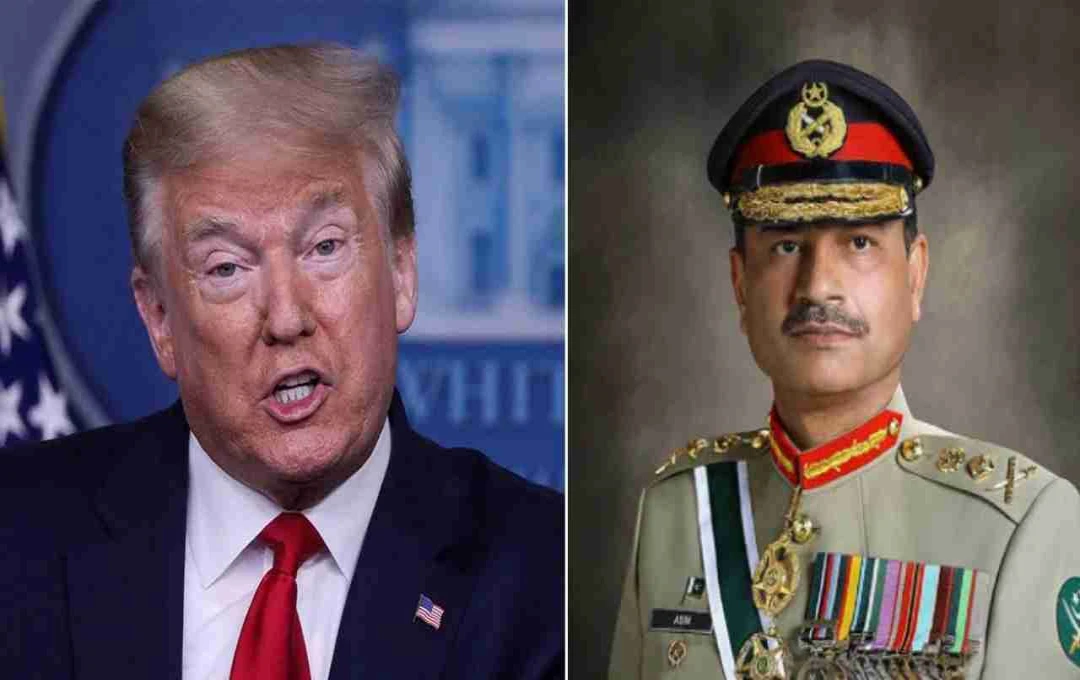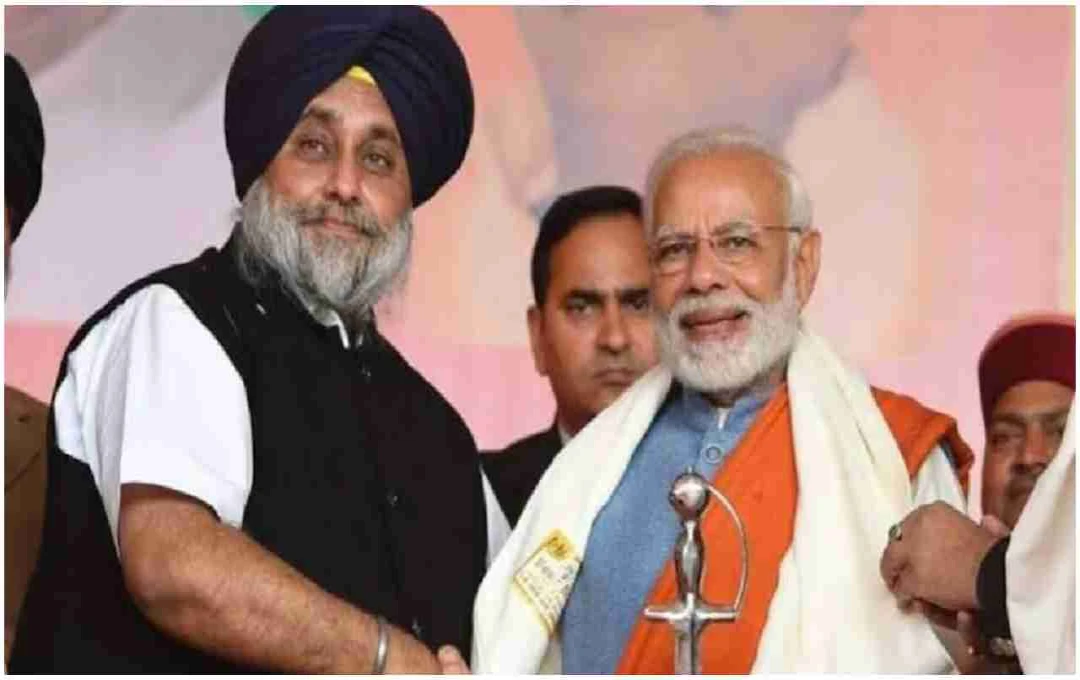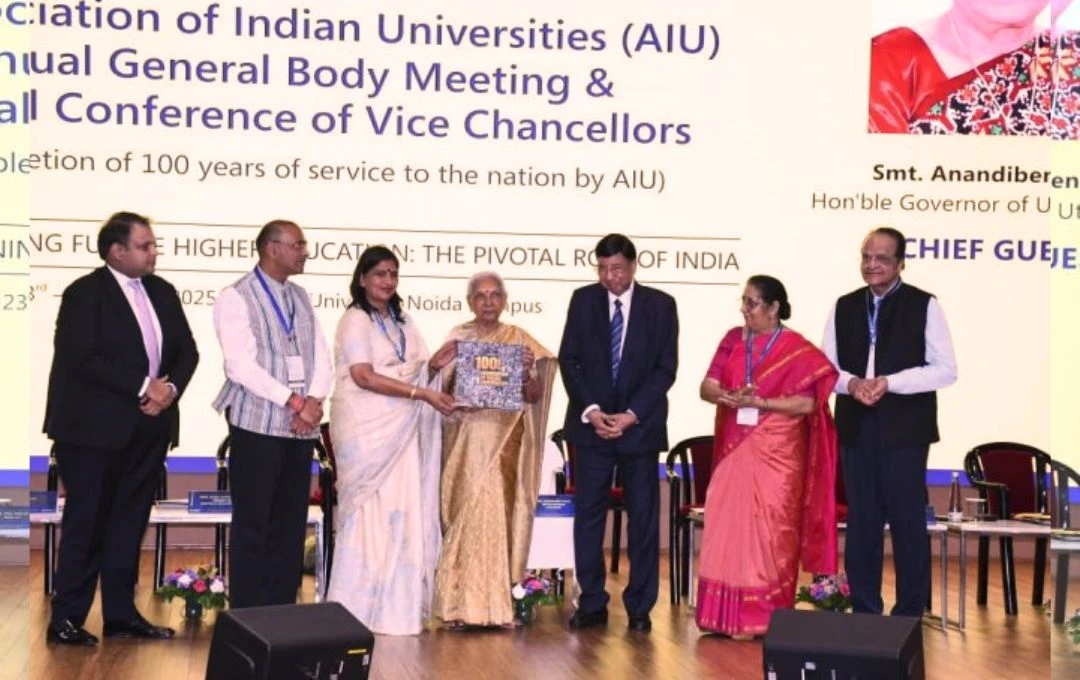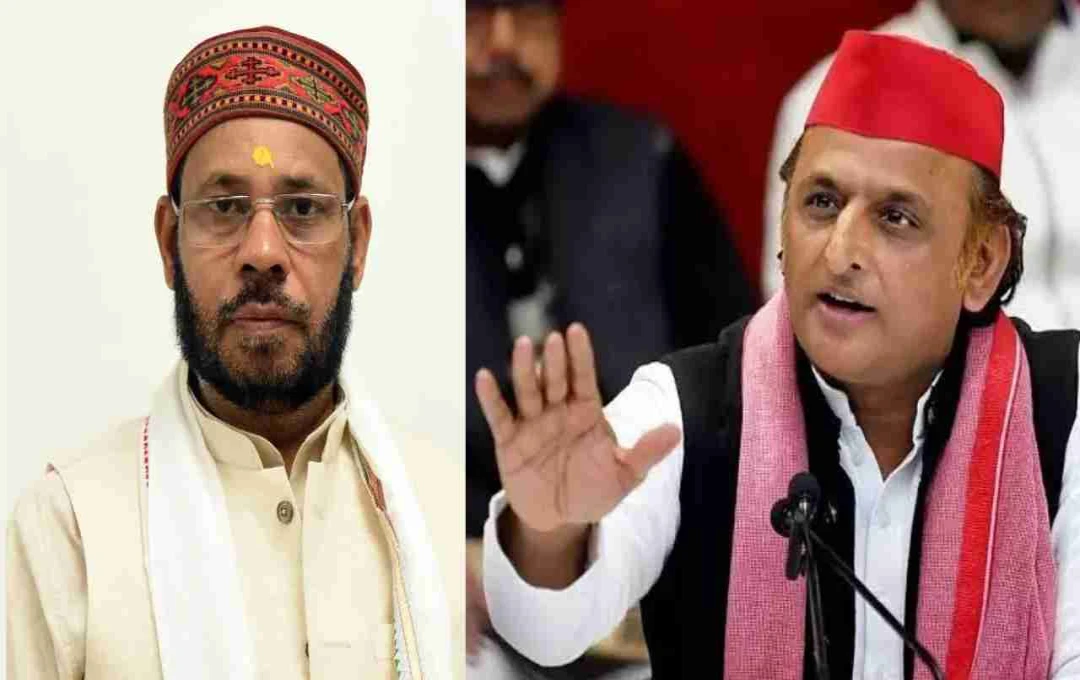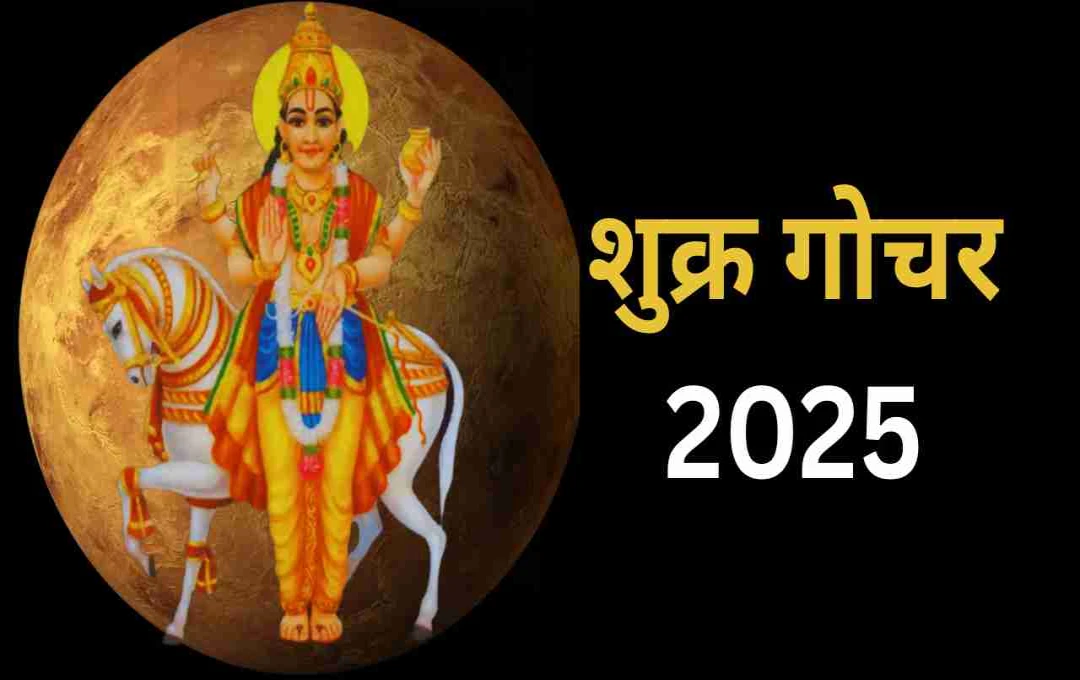Criticism Mounts Against Pakistan's Army Chief Asim Munir Following US Attack on Iran
PAK: Following the US attack on Iran, Pakistan's army chief, Field Marshal Asim Munir, has once again become embroiled in controversy. His recent visit to the US, initially hailed as historic and successful, is now facing intense criticism on social media.
Public anger stems from the government's recent proposal to nominate Donald Trump for the Nobel Peace Prize, an initiative spearheaded by Army Chief Munir himself. This proposal, however, was swiftly followed by the US attack on Iran, escalating tensions in the region.
White House Visit and Nobel Nomination Proposal
On June 18, 2025, Field Marshal Munir met with Donald Trump at the White House. During this meeting, he praised Trump's alleged role in averting a potential nuclear conflict between India and Pakistan and advocated for his nomination for the Nobel Prize.
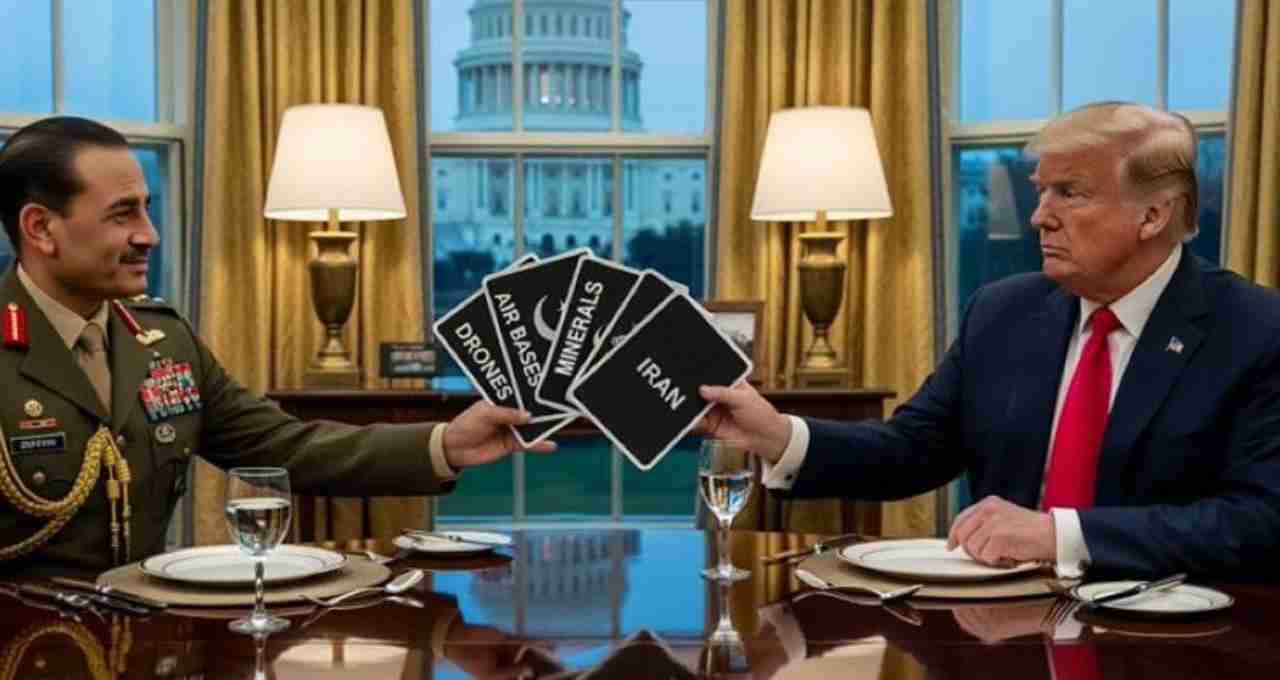
Subsequently, the Pakistani government formally proposed Trump's name for the Nobel Peace Prize. At the time, Prime Minister Shahbaz Sharif and other top leaders supported the proposal. This move gained significant media attention, with Pakistani media outlets portraying Munir as a "messiah of peace."
US-Iran Conflict and Shifting Sentiment
The situation dramatically changed when the US attacked three Iranian nuclear facilities. This attack occurred amidst ongoing conflict between Israel and Iran, with overt US intervention. The attack fueled both concern and anger within Pakistan.
Public questioning arose regarding the actions of the individual advocating for a Nobel Peace Prize, now seemingly escalating conflict. Social media saw Munir heavily criticized, with his actions labeled shameful.
Social Media Reactions
Pakistani journalist Amir Abbas tweeted that Trump, once referred to as Genghis Khan and Hitler, was now being presented as a symbol of peace. He described this as cowardly and surrender-oriented politics.
Another user stated that this was not a national embarrassment but rather a disgrace for General Munir personally. This action was termed "treason," accusing the Pakistani army of betraying the Islamic world.
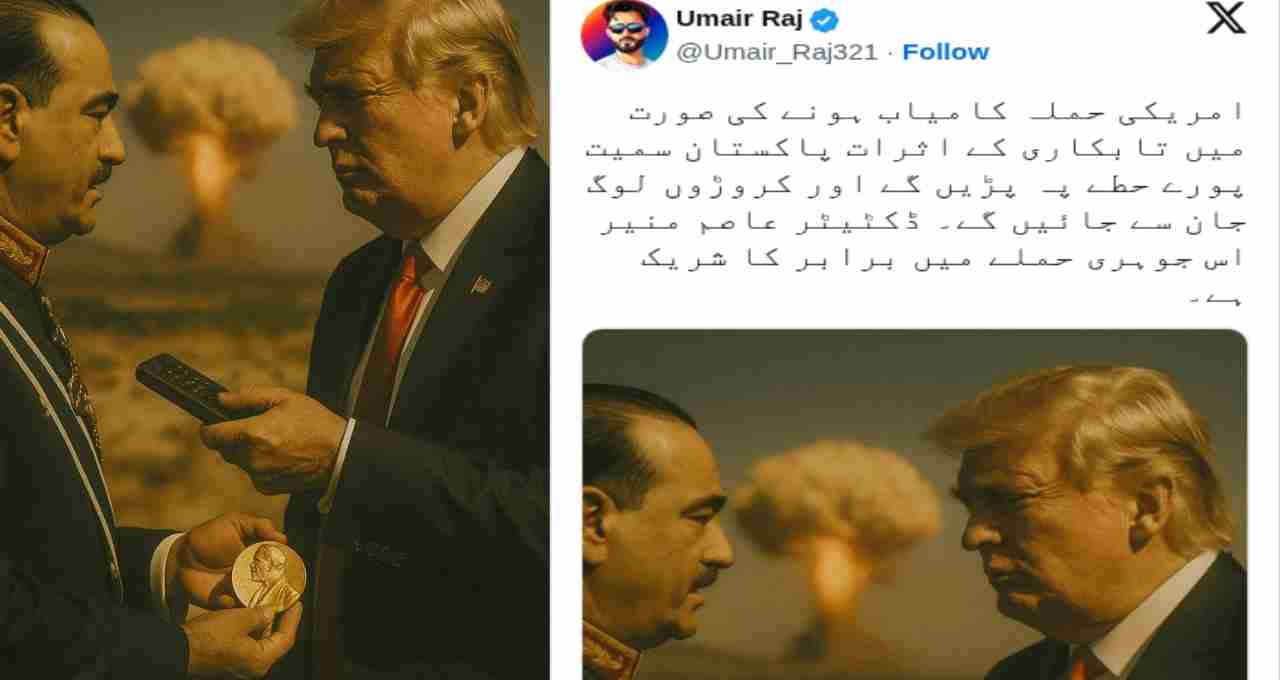
A user noted that if the American attack succeeded, the resulting radiation could reach Pakistan, affecting millions. In such a scenario, General Munir would share the blame.
Questions on Ummah and Islamic Unity
Many questioned the principle of Ummah, or Islamic unity. They argued that following Generals Zia-ul-Haq and Pervez Musharraf, Asim Munir had proven that the Pakistani army disregards the Ummah, prioritizing only the US and its financial interests.
A user stated that either Pakistan or the corrupt army must fall; both cannot coexist. Concerns were raised regarding the army's character and its threat to the nation's future.
Opposition and Public Outrage
Not only the general public but also many political analysts and intellectuals criticized the decision. They argued that this nomination weakened Pakistan's global image and called for a reconsideration of the government's decision.
A user, Amir Khan, wrote that leaders like Shahbaz Sharif, Asif Zardari, Nawaz Sharif, and Asim Munir wanted to award Donald Trump a Nobel Prize, a man considered responsible for the massacre of Muslims. He labeled this the greatest betrayal against Pakistan.
